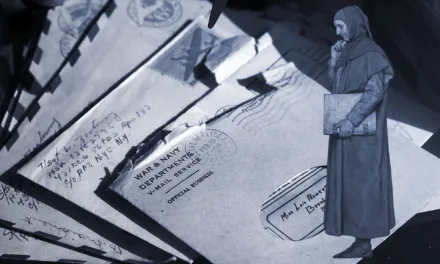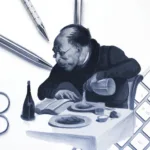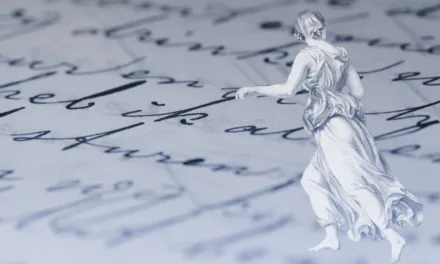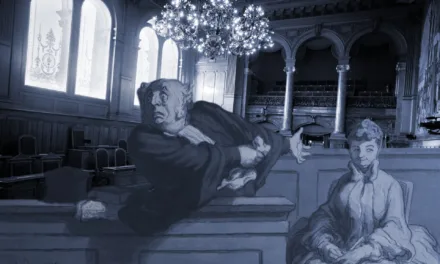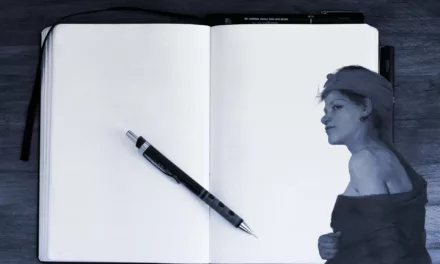
How do you stop yourself getting stuck at the planning stage?

“What are the most basic steps needed to get to the point where you can start writing? I’ve finally got a solid enough idea for my first novel but I’m really overwhelmed with what to start with and don’t want to get stuck in the planning phase for years like I have in the past! For context, my novel is a fantasy story so worldbuilding is on my to do list!”
The excitement of a new story idea can quickly turn to anxiety when you’re faced with the seemingly endless possibilities of planning, hours of writing, and a future full of editing and revisions. While preparation is important, especially in genres where worldbuilding plays an essential role, it’s easy to get trapped in an endless cycle of planning without ever writing a word of your actual story.
The good news? You really don’t need to have everything figured out before you start writing. In fact, sometimes diving in with just the essentials can help you discover your story more organically. Here’s how to get started without getting stuck.
Note: a quick disclaimer here that this advice is aimed primarily at those who do get stuck in the planning stages. If extensive planning is a method that works for you and doesn’t distract you from writing, then there’s absolutely nothing wrong with lots of detailed planning. Every writer’s process is completely unique, and what works for one, won’t work for all.
The essential building blocks
Before you sit down to work on the very first words of your project, you really only need these fundamental elements in place:
- A main character with a clear goal.
- A significant conflict or obstacle.
- A general sense of your story’s world.
- A rough idea of how it might end.
That’s it. You can develop everything else as you write.
There is nothing wrong with doing a bit more planning and worldbuilding, but that can all be completely at your own discretion. You don’t need more. What I will say though, is that you plan to do you worldbuilding as your project develops, just make sure you keep notes that you can refer to later.
Your pre-writing checklist
1. Core character development
Your protagonist will be the driving force behind your work, so there’s a few things that are good to have an idea on before you start writing.
- What do they want and why do they want it? Think of both their internal and external goals and motivations (read this article for a more detailed breakdown).
- What’s stopping them from achieving it?
- What are their two most defining character traits.
- With whom do they have their most important relationship.
You don’t need to get bogged down in detailed character sheets or extensive backstories yet. Those can be developed as you write.
2. Basic world framework
Not every genre needs extensive worldbuilding. If you’re writing contemporary fiction set in a place and time you are familiar with, then you can get away with only the basics. If you’re writing genre fiction like science fiction or fantasy, however, there might be a few extras you need to throw in the mix. Either way, you can get away with only establishing the most crucial elements:
- Does your world require a unique magic system or technology to function?
- Is there an important historical moment on which your story hinges?
- What is the immediate setting of your story?
- Are there any limitations or constraints that are important to your plot?
Remember: You can expand your world as your story grows. Just remember to keep notes.
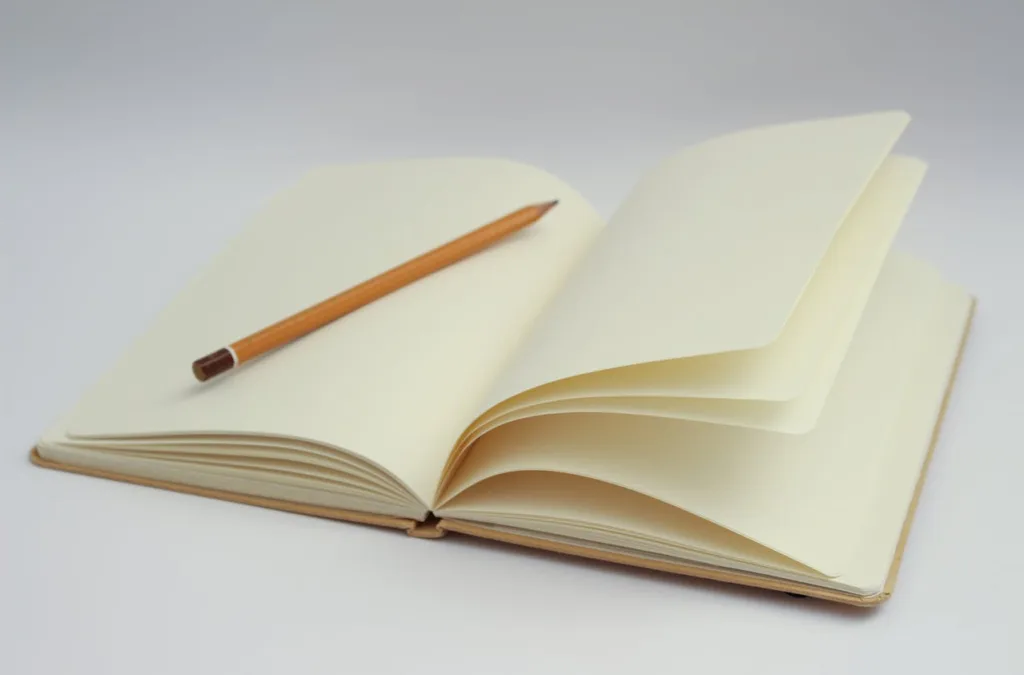
3. Basic story structure
Rather than needing an extensive plot outline, you only need four things to help you get from point A to point B. And it’s also fine if these change as you start to write. The things that are useful to start out with are.
- You protagonist’s opening situation (aka, their ordinary world).
- The inciting incident (what happens to get the plot ball rolling).
- The major conflict (what stands in the way of your protagonist getting what they want).
- Possible ending (if everything goes to plan, how do you want your story to end?)
Don’t worry about subplots or intricate plot twists yet. Focus on the main narrative thread. And be open to the idea that as you tell yourself the story, these may change. Again, notes are your friend.
When to start writing
You’re ready to write when you can answer these questions:
- Who is your main character, and what do they want?
- What’s the first major obstacle they’ll face?
- What’s at stake if they fail?
- Where does their story begin?
If you can answer these, you have enough to start your first draft. You can do more worldbuilding, of course. But these are the essentials that mean you can dive in.
5 tips to avoid planning paralysis
- Set a planning deadline: Give yourself a specific timeframe for initial planning. When the deadline hits, start writing, ready or not. This is something that really works for me. It’s so easy to use planning as a procrastination tool, so if I don’t actually use my planning time, then I go in blind. It pushes me not only to use the time, but also not to get lost in the mire of planning.
- Use placeholders: Don’t know something? Use [MC] (main character) or [RESEARCH LATER] in your draft and keep writing. You can fill in the details later. I wrote a whole first draft once where I hadn’t even decided on the protagonist’s name. I knew their goals and motivations, as well as lots of backstory, but I was completely blanking on a name. Instead of letting that become a distraction, I just wrote using [MC] through the whole manuscript and did a find and replace once I’d decided on revision.
- Start small: Don’t let yourself focus on the enormity of the task in front of you. Just sit down with the plan to write something. Anything. You don’t need to know everything about your world to write chapter one, and once you have some writing underway, the task seems a lot less insurmountable.
- Keep a running notes document: Make sure you keep track of ideas, questions, and worldbuilding elements that occur to you while writing. This lets you capture ideas without stopping your writing flow and also gives you a strong reference point for later.
- Accept imperfection: Your first draft won’t be perfect, and that’s okay. You can refine and expand your world, characters, and plot during revision. Perfect is the enemy of good, as the old adage goes.
Remember: writing IS planning
Many writers discover their story through the act of writing itself, so don’t feel you have to be some plotting genius to get started. Some of your best ideas will come when you’re in the middle of a scene, not while planning it. Plots are rarely static. They change as you discover the ins and outs of your story.
What often feels like “not enough planning” is actually your creative mind waiting for the actual writing process to help you discover your story. Trust that process. Start writing with your basic elements in place and let your story grow organically from there.
The most important thing is to begin. Your story will never see the light of day if you’re stuck eternally planning it. Set your essential foundations, then give yourself permission to start writing, even if you don’t have everything figured out yet.

